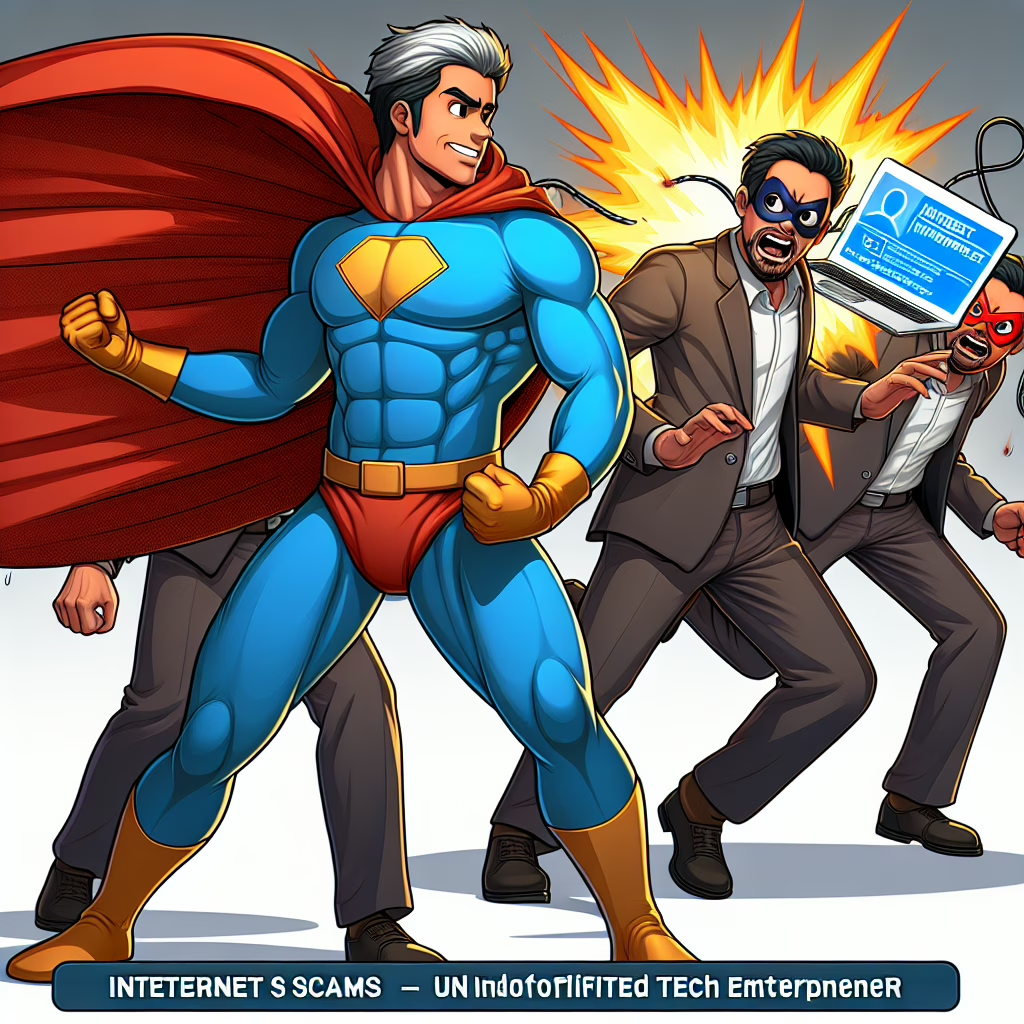In the ever-evolving digital landscape of 2025, internet scams are like that one pesky relative who just won’t take a hint. They keep showing up, despite your best efforts to avoid them. Thankfully, tech genius Steve Wozniak, co-founder of Apple, is here to help us navigate these treacherous waters of online deceit. With his wisdom and a sprinkle of humor, he sheds light on the importance of staying alert in the face of internet scams.
Understanding the Internet Scam Landscape
Picture this: you receive an email from a prince who claims he needs your help to transfer his fortune—classic! But instead of a lavish reward, you might just find yourself in a web of deceit. Internet scams come in all shapes and sizes, from phishing emails pretending to be your bank to those irresistible “too-good-to-be-true” offers that could lure even the most cautious among us.
Wozniak emphasizes that these scams have become increasingly sophisticated. Cybercriminals now employ techniques that would make even the most seasoned con artist proud. They create fake websites, impersonate trusted brands, and even use social engineering tactics to manipulate their victims into sharing sensitive information. It’s like they took a masterclass in deception!
Wozniak’s Wisdom: Stay Informed
The first line of defense against internet scams is knowledge. Wozniak encourages everyone to stay informed about the latest scams circulating online. Regularly updating your understanding can help you spot red flags. Think of it as keeping your digital toolbox stocked with essential tools—knowledge is your trusty hammer against deception!
Furthermore, he suggests following reliable sources for cybersecurity news. Websites dedicated to consumer protection or tech news can provide valuable insights into emerging threats. Plus, sharing information with friends and family can turn you into a modern-day Robin Hood—spreading wisdom instead of wealth!
Simple Steps to Protect Yourself from Internet Scams
Now that we understand the threat, let’s talk strategy! Wozniak lays out some straightforward yet effective steps to keep those pesky scammers at bay:
- Be Skeptical: If it sounds too good to be true, it probably is. Trust your instincts—if you feel uneasy about an offer, investigate further before taking action.
- Verify Sources: Before clicking on any link or providing personal information, ensure the source is legitimate. A quick Google search can save you from potential heartache.
- Use Strong Passwords: Password123 may have been cute in college, but it’s not going to cut it anymore! Use complex passwords and change them regularly to keep your accounts secure.
- Enable Two-Factor Authentication: Adding an extra layer of security is like putting on a seatbelt—it’s just smart! Two-factor authentication can prevent unauthorized access even if someone has your password.
Spotting Red Flags: The Art of Deception
In the world of internet scams, spotting red flags is an art form. Wozniak advises honing this skill like a fine craft. Look for inconsistencies in communication—poor grammar or urgent language can often indicate foul play. Remember, legitimate companies won’t pressure you into making hasty decisions!
Moreover, be wary of unsolicited messages asking for personal information or financial details. Legitimate organizations will never ask for sensitive data via email or text message. If in doubt, reach out directly through official channels rather than responding immediately.
The Importance of Community Awareness
Wozniak emphasizes that combating internet scams isn’t just an individual effort; it requires community awareness as well. By discussing these issues openly within your circles—friends, family, and social networks—you create a more informed public that can recognize and report scams more effectively.
Create awareness campaigns in your community or share helpful resources online; every little bit helps! Together we can build a fortress against fraudsters trying to exploit the unsuspecting.
The Future: Staying One Step Ahead
As technology continues to evolve, so do the tactics employed by cybercriminals. However, with continued vigilance and education—thanks largely to voices like Steve Wozniak—we can strive to stay one step ahead of these digital tricksters. In 2025 and beyond, let’s commit ourselves to being proactive rather than reactive when it comes to internet safety.
If we all take these insights to heart and share them widely, we can create a safer online environment for everyone. So let’s put on our digital armor and prepare for battle against those internet scams!
Your thoughts matter! What strategies do you use to protect yourself from internet scams? Share your tips in the comments below!
A big shoutout and thank you to CBS News for their original article on this topic! You can check it out here.

